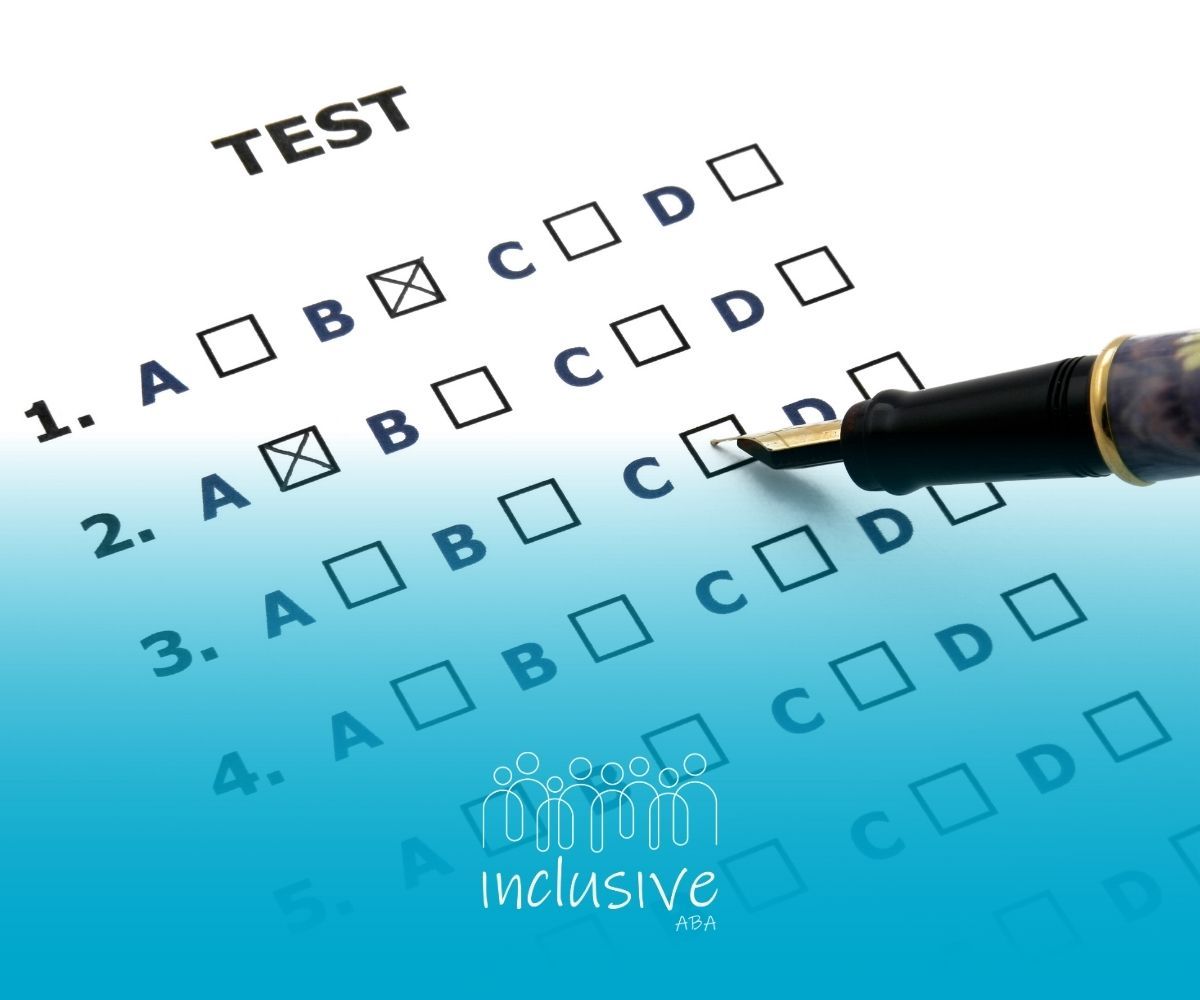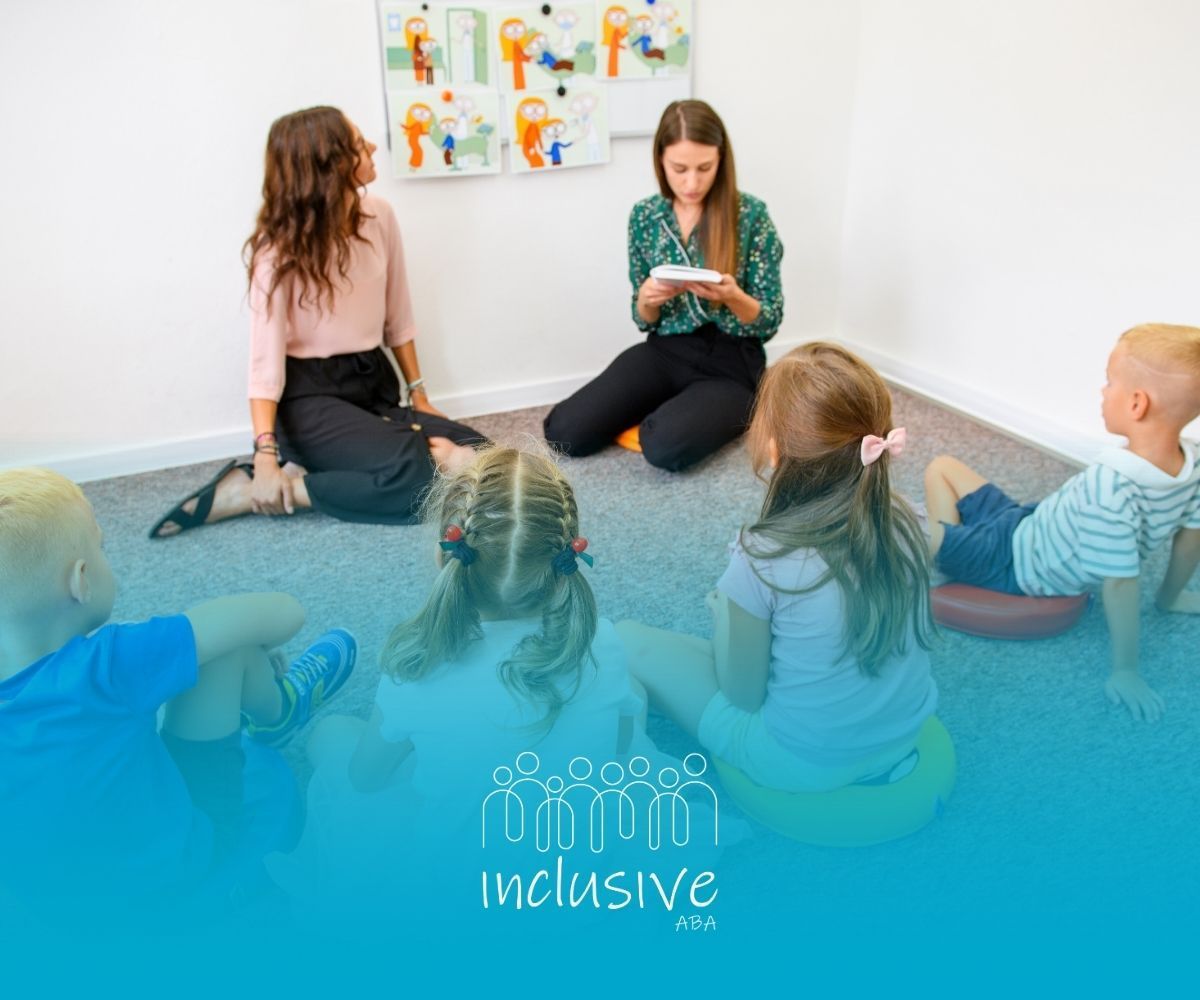Can You Pause ABA Therapy During School Breaks Without Losing Progress?
Key Highlights
- ABA therapy supports skill-building, independence, and social development in children with autism.
- Families may pause therapy during school breaks for travel, rest, or to prevent emotional burnout.
- Breaks carry a risk of regression, but structured routines at home can reduce disruption.
- Open communication with your ABA provider is key when planning any pause.
- Temporary service models or at-home strategies can help maintain progress.
For parents of children on the autism spectrum, ABA therapy plays a major role in helping their children grow more independent and confident. But when school breaks arrive, it’s common to ask: Can we pause therapy for a while?
The answer isn't black and white. Family needs, emotional well-being, and scheduling challenges can all lead to the need for a short break. With the right support and preparation, a temporary pause doesn't have to derail your child’s progress.
In this article, we’ll explore what happens when ABA therapy is paused, why families choose to do it, and how to keep your child moving forward even during time off.
Typical Goals and Outcomes for Children
What ABA Therapy Aims to Achieve
ABA therapy often focuses on helping children improve:
- Social skills: Engaging in conversations, playing with peers, or understanding social cues.
- Emotional regulation: Learning how to identify and express feelings in safe ways.
- Daily routines: Managing self-care tasks like brushing teeth or getting dressed.
- Challenging behaviors: Reducing actions that interfere with learning or safety.
Every child’s program evolves over time based on their progress. ABA is not a one-size-fits-all model—it adapts to your child’s pace and strengths
Why Families Consider Pausing ABA Therapy
Managing Real-Life Schedules
School breaks, family vacations, and shifting routines can make it difficult to maintain consistent ABA sessions. Many families face conflicts that require flexibility, such as traveling out of town or managing other children’s schedules.
Talking openly with your child’s BCBA allows you to plan ahead. They can help adjust session frequency or create a strategy for maintaining skills when full sessions aren't possible.
Avoiding Burnout and Supporting Mental Health
Just like adults, children benefit from rest. ABA therapy, though beneficial, can be intense—especially when paired with school and other therapies. Families may need downtime to recharge.
A planned pause can reduce stress and prevent burnout for both children and caregivers. Used thoughtfully, it can even support longer-term engagement in therapy.
Potential Impacts of Pausing ABA Therapy
What Happens When Therapy Is Interrupted?
ABA relies on consistent repetition. When that pattern is interrupted, even temporarily, there can be setbacks. Children may:
- Forget certain communication strategies.
- Struggle more with behavior regulation.
- Lose confidence in social interactions.
- Experience difficulty returning to daily routines.
Returning to therapy after a long break might require additional sessions to regain lost skills.
Risk of Regression in Core Areas
| Skill Category | Possible Regression Effects |
|---|---|
| Communication Skills | Difficulty using learned words, signs, or gestures |
| Social Skills | Decreased peer interaction or conversation ability |
| Daily Routines | Struggles with tasks like brushing teeth or dressing |
| Behavioral Regulation | Increase in outbursts or repetitive behaviors |
While these risks exist, they aren’t inevitable. Proactive planning can make a big difference.
Impact on Emotional and Academic Growth
A pause in therapy may not just affect behavior—it can influence a child’s confidence, learning, and emotional well-being. Children may:
- Struggle to generalize previously mastered skills.
- Lose momentum in school-based tasks.
- Experience frustration or anxiety if routines change too quickly.
These effects vary depending on the length and structure of the break, which is why coordination with your ABA provider is essential.
Supporting Progress During Breaks
Simple Home Strategies That Work
Even if your child takes a break from formal sessions, there are ways to support their progress at home:
- Stick to routines: Keep wake-up, meal, and bedtime routines consistent.
- Practice learned skills: Use flashcards, token boards, or communication aids as part of playtime or chores.
- Reinforce behaviors: Praise positive actions and give simple, clear instructions as you would during therapy.
Ask your provider for a home-based activity plan that matches your child’s goals.
Explore Consultation or Hybrid Models
If regular sessions aren’t possible, a consultation model can bridge the gap. This allows your ABA team to:
- Check in periodically.
- Adjust goals based on current needs.
- Provide parents with tools and suggestions for in-home practice.
This lighter-touch model can prevent full regression and keep therapy aligned with your family's schedule.
Conclusion
Taking a break from ABA therapy during school holidays is sometimes necessary—and that's okay. What matters most is how that break is planned and supported.
While skill regression is a risk, it’s not guaranteed. Open dialogue with your provider and a few consistent strategies at home can go a long way. You don’t have to choose between family time and progress. With careful planning, you can make space for both.
At Inclusive ABA, we understand that life doesn’t always follow a perfect schedule. Whether you’re planning a vacation, managing caregiver burnout, or simply need to hit pause, we’ll help you make the right decision for your child.
Our certified BCBAs in Nevada can work with you to build flexible plans, maintain progress during breaks, and support your family every step of the way.
Contact Inclusive ABA today to learn how our personalized, family-first approach can support your child—through every season.
Frequently Asked Questions
Is it safe to pause ABA therapy during school vacations?
Yes, with planning. Talk with your provider to determine what adjustments are needed. A shorter break or consultation-style sessions can reduce disruption.
What can I do at home to help maintain my child’s progress?
Stick to simple routines, practice reinforcement strategies, and ask your therapist for a home plan. Small actions make a big difference.
How long is too long to pause ABA therapy?
There’s no one-size answer. If you notice signs of regression or slowed progress, it may be time to resume. Work closely with your BCBA to monitor your child’s needs.
Sources:
- https://pmc.ncbi.nlm.nih.gov/articles/PMC9458805/
- https://www.bacb.com/about-behavior-analysis/
- https://pmc.ncbi.nlm.nih.gov/articles/PMC11487924/
- https://www.autismspeaks.org/applied-behavior-analysis
- https://my.clevelandclinic.org/health/treatments/25197-applied-behavior-analysis.
- https://www.webmd.com/mental-health/what-is-applied-behavior-analysis
Looking for Expert Help? We're Here for You!
Our compassionate and skilled team is devoted to enhancing your child's development through customized ABA therapy. Let us partner with you to create a supportive environment for your child's success.
Discover how we can help your family thrive with expert ABA therapy.
Related Posts







